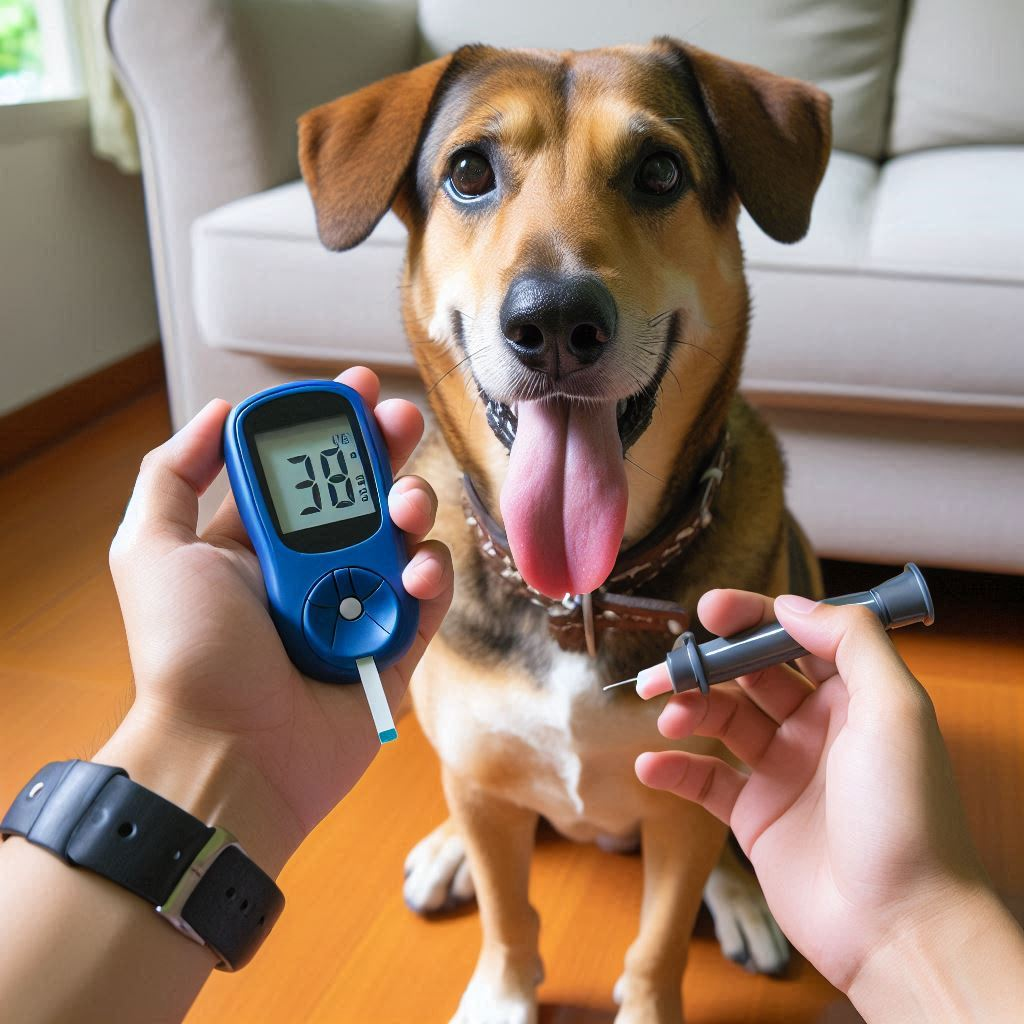Having a veterinary technician test your pet’s glucose levels and monitor their diabetic needs is crucial for ensuring accurate and effective diabetes management. Veterinary technicians are trained to use precise methods and tools to measure glucose levels, which is essential for determining the correct insulin dosage. Accurate glucose readings help prevent dangerous fluctuations in blood sugar levels, reducing the risk of hypoglycemia (low blood sugar) and hyperglycemia (high blood sugar), both of which can have severe health consequences. By relying on a professional, you can be confident that your pet’s glucose levels are being monitored accurately and consistently.

Regular monitoring by a veterinary technician also allows for early detection of potential complications. Diabetes can lead to various health issues, including kidney disease, neuropathy, and cataracts. Veterinary technicians can identify early signs of these complications during routine glucose testing and monitoring, enabling timely intervention and treatment. This proactive approach helps manage your pet’s diabetes more effectively and can significantly improve their quality of life. Additionally, technicians can provide valuable insights and adjustments to your pet’s treatment plan based on their observations and test results.
Moreover, having a veterinary technician involved in your pet’s diabetes care provides an opportunity for comprehensive health education and support. Technicians can teach you how to recognize signs of glucose imbalances, administer insulin correctly, and manage your pet’s diet and exercise routine. They can also offer guidance on how to handle emergencies and what to do if your pet’s condition changes. This ongoing support ensures that you are well-equipped to care for your diabetic pet at home, fostering a collaborative approach to their health and well-being. Regular professional monitoring and education empower you to provide the best possible care for your pet, ensuring they lead a healthy and happy life.
